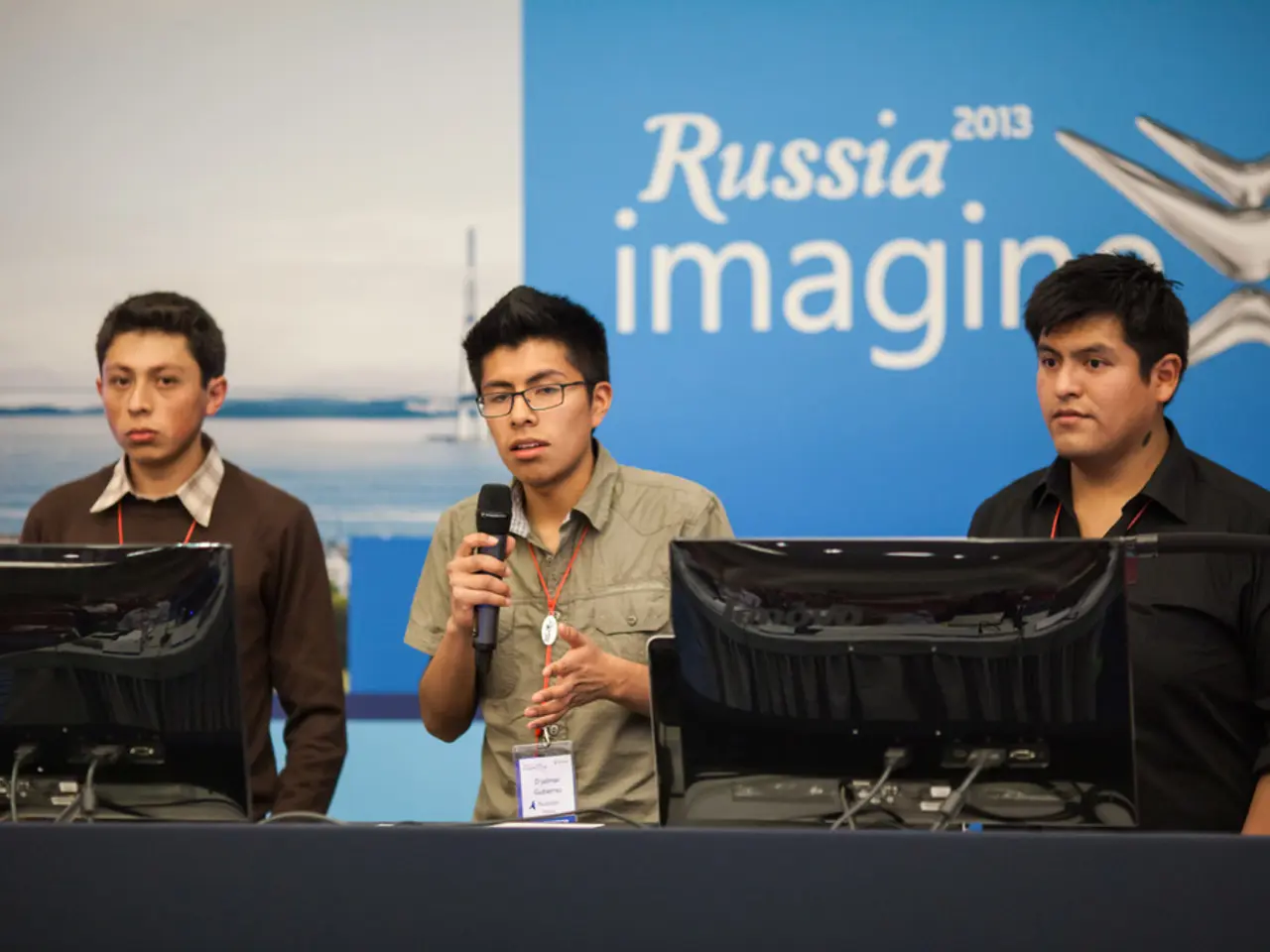United States to Modify Visa Policies for Athletes with Intent to Limit Transgender Competition Participation
The U.S. Department of Homeland Security (DHS) has introduced a new policy that restricts visa eligibility for transgender women athletes who intend to enter the U.S. to compete in women's sports. This policy, effective immediately as of early August 2025, is aimed at ensuring fairness for female athletes.
The policy is in line with Executive Order 14201, titled "Keeping Men Out of Women's Sports," issued earlier in 2025. The DHS policy applies to various visa categories, including O-1A (aliens of extraordinary ability), E11 (extraordinary ability), E21 (exceptional ability), and National Interest Waivers (NIW).
According to the policy, the United States Citizenship and Immigration Services (USCIS), under DHS, will prevent men—specifically transgender women perceived as male athletes—from obtaining visas to compete in female sports events. Official statements emphasise the policy's intention to safeguard fairness, safety, and respect in women's athletics by preventing biological males from competing in women’s sports under female gender identities.
The DHS policy appears to be part of broader federal efforts to regulate and restrict transgender women participation in elite women's sports, potentially impacting high-profile events such as the upcoming 2028 Olympics hosted in the U.S.
It is important to note that the policy was not announced by USCIS spokesperson Matthew Tragesser. However, the policy has been reported on the website of the U.S. Citizenship and Immigration Services (USCIS). The policy applies to all visa applications, including those submitted on or after February 6 and those pending review.
The policy's implementation follows a previous incident where an American fencer was disqualified for refusing to fence against a transgender opponent. The U.S. President, Donald Trump, signed an executive order titled "Prohibiting Male Participation in Women's Sports" on February 6. The DHS is developing a policy to prevent male athletes from entering the country to compete in women's competitions, although the executive order was not mentioned in the previous policy by the U.S. Department of Homeland Security.
In summary, the DHS policy restricts visa eligibility for transgender women athletes who would compete in women's sports, applying rigorous review processes to uphold fairness and protect female athletic opportunities within the United States. The policy is based on safety, fairness, respect, and truth, and it applies to all visa applications, including those submitted on August 4 and those pending review. Only female athletes will receive visas to enter the U.S. to participate in women's sporting events.
- The new DHS policy aligns with politics regarding policy-and-legislation, as it restricts transgender women athletes from obtaining visas to take part in women's sports events.
- This policy has been implemented to comply with Executive Order 14201, titled "Keeping Men Out of Women's Sports," and addresses concerns within general-news.
- Besides the O-1A and E11 visas, the policy also applies to E21 visas and National Interest Waivers (NIW), impacting a diverse range of sports professionals like athletes, coaches, or trainers.
- The sports of football, baseball, hockey, golf, basketball, racing, tennis, and mixed-martial-arts may all be affected by this policy, especially those hosting high-profile events like the 2028 Olympics.
- The policy's intent is to prioritize safety, fairness, and respect in women's athletics and ensure that only female athletes receive visas for women's sporting events.
- Interestingly, this policy was initially not announced by USCIS spokesperson Matthew Tragesser but was reported on the USCIS website and applies to all visa applications pending review, starting from those submitted on February 6.







